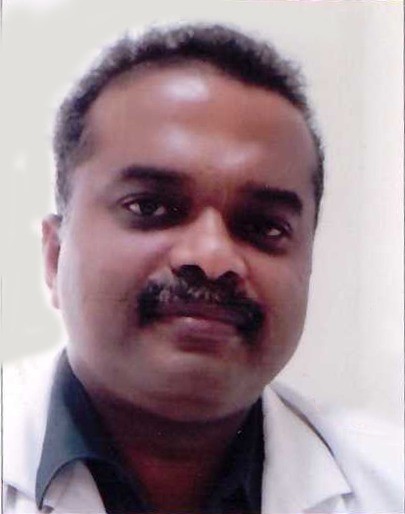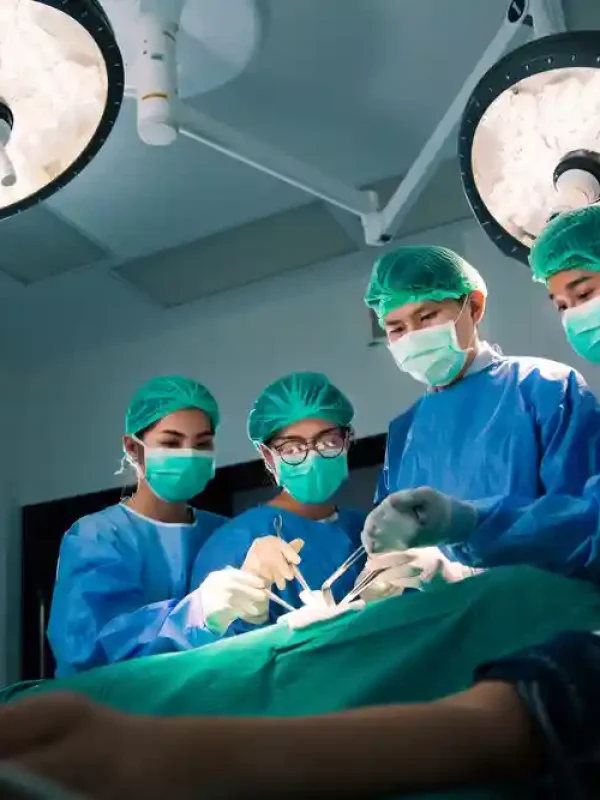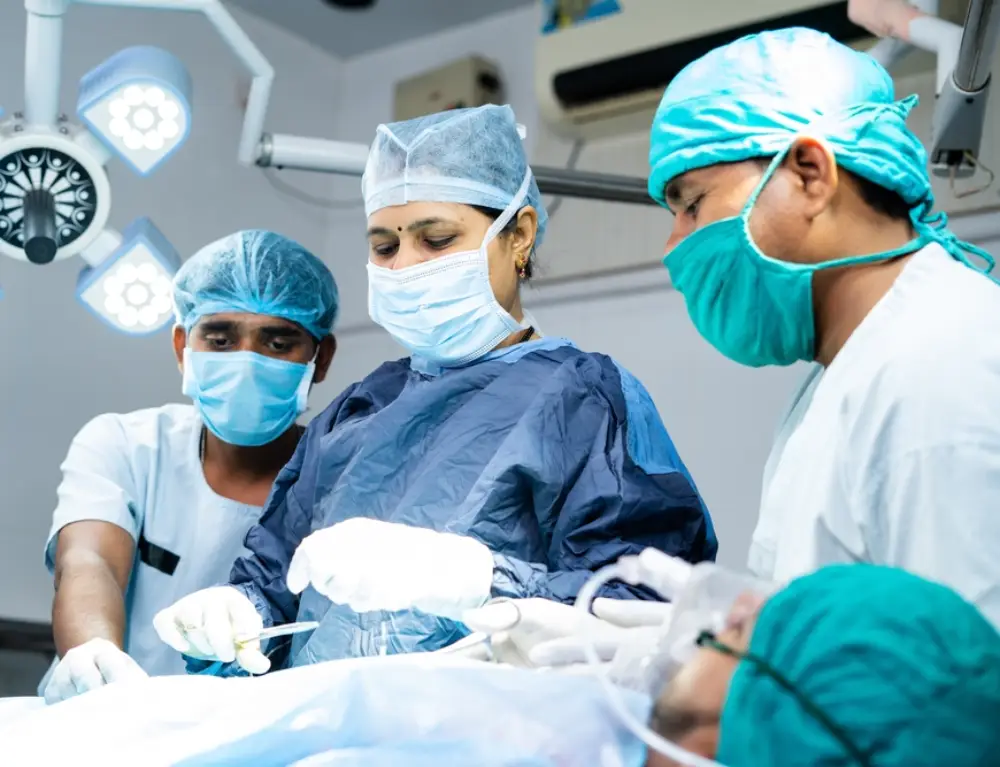Surgical Oncology
General surgeons who have special training in treating cancer through surgery are called surgical oncologists.
State-of-the-Art
Facilities
State-of-the art
technology
Building awareness and preventive care
Highly-experienced and well-trained medical oncologist
Cancer surgeons and radiation specialists
OUR DOCTORS
Meet Our Consultant's

Dr. Mathan Mohan A
BDS, MDS, FHNS, FAOCMF(GERMANY), FIBOMS
Oral / Maxillo-facial / Head & Neck Surgical Oncologist
Session : Evening

Dr. Bala
subramanianMBBS, MS, MRCS, MCH
Surgical Oncologist
Session : Evening
Specialised
Surgery
Surgical oncologists may perform conservative surgery in certain early stage cancers, wherein the goal would be to remove as much growth as possible while the affected organ is preserved.
This type of surgery may be used in breast cancer, cervical cancer, ovarian cancer and carcinoma of the larynx, all in the early stages, among others.
In these type of surgeries, the surgical oncologist will not only excise the tumour but, will also remove some of the surrounding tissues that may be showing cancerous growth or may be at risk of being affected.
In radical surgery, nearby lymph nodes may also be removed.
Revision or redo surgeries are usually performed when an initial surgery done for a particular cancer may be deemed incomplete and would need another surgery to completely remove the growth.
Our doctors deftly perform these types of surgeries on patients, who often come to us from other institutions seeking help.
Revision surgery may also be done on patients in whom the cancer has recurred.
Cancer surgery is often done through the open method.
But with advancement in technology, many procedures are performed through the minimally invasive route, which ensures less blood loss, shorter hospital stay and quicker recovery for the patient.
Also called laparoscopic surgery, in this type of procedure, the surgical
oncologist will use a laparoscope (a tube-like device with a camera and light and one end that is inserted into the body through an incision) to see images of the insides and will remove the tumour with the help of surgical tools inserted through other holes made near the affected area.

Signs that indicate you
should see a Oncologist
Lump or growth in particular part of the
body
Pain
Tiredness and loss of
appetite
Nausea
Abnormal growth on the
skin
Difficulty in passing urine.

About
Surgical Oncology
It is a sub-speciality of oncology, which uses surgery to diagnose the cancer, excise the tumour or give relief from symptoms of the disease.
General surgeons who have special training in treating cancer through surgery are called surgical oncologists.
At HMH, the aim of our surgeons is to treat the cancer in the best way possible and also to combine different therapies along with a surgical procedure, to relieve pain and to minimise symptoms.
There are a variety of oncology surgeries that may be performed based on the location, stage and spread of cancer including conducting biopsy to detect the cancer, removal of malignant growth and removal of certain tissues as a preventive measure.
The goal is to reduce pain and side-effects, improve quality of life and provide effective palliative care.


